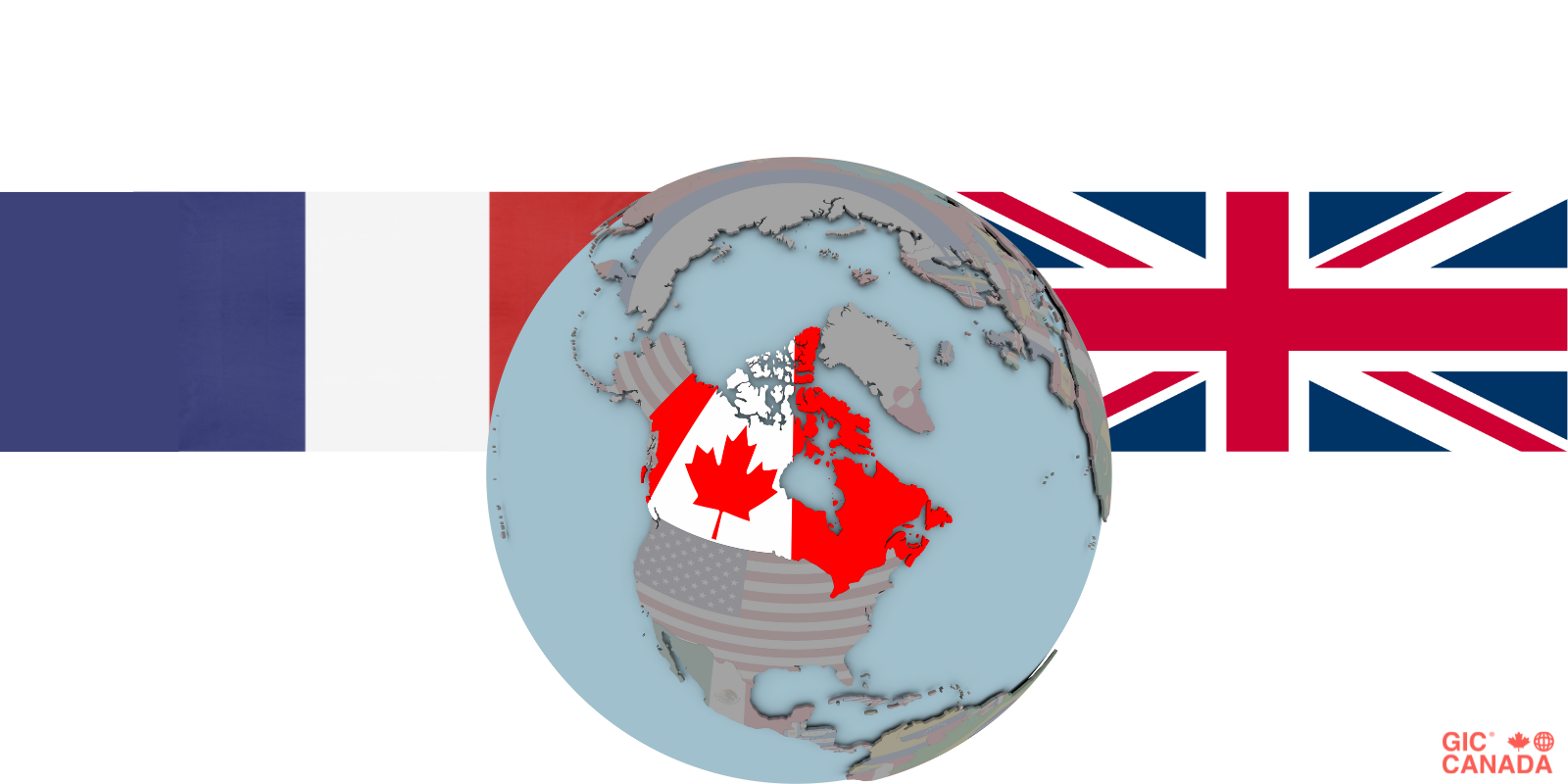According to a new study, more Canadians say they are strongly attached to their primary language than to other identity attributes, including the country they call home.
The Leger survey, commissioned by the Association for Canadian Studies, found that 88 percent of respondents felt a strong attachment to their mother tongue, while 85 percent said the same about Canada.
The high importance of language was particularly characteristic of Francophones and Indigenous peoples.
Evidence of strong attachment to the primary language trumped all other markers of identity, including geography, ethnic group, race, and religion.
Of all the identity markers examined in the study, Canadians were the least likely to report a strong attachment to a religious group.
Jack Jedwab, president of the Association for Canadian Studies, said the findings highlight the important role of language in people’s self-image.
Jedwab said people should remember not to downplay the importance of language, given how meaningful it can be to society. He said language serves the dual function of facilitating communication and being a manifestation of culture.
91 percent of Canadians whose primary language is French said they felt strongly about their language, compared to 67 percent who said the same feeling about Canada.







